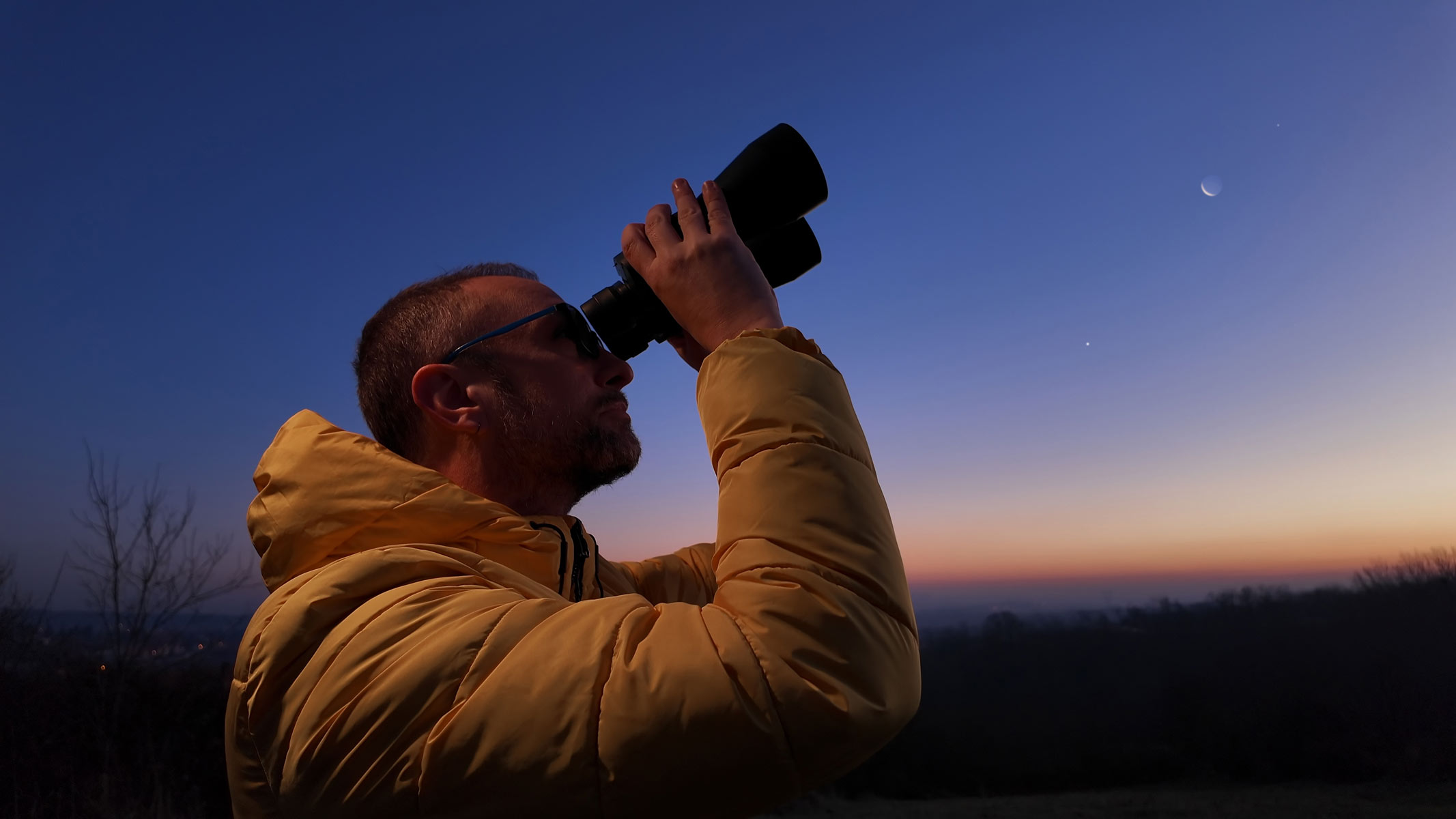'Smell of space' bottler sets sights on the moon, plans 'Eau de Luna'
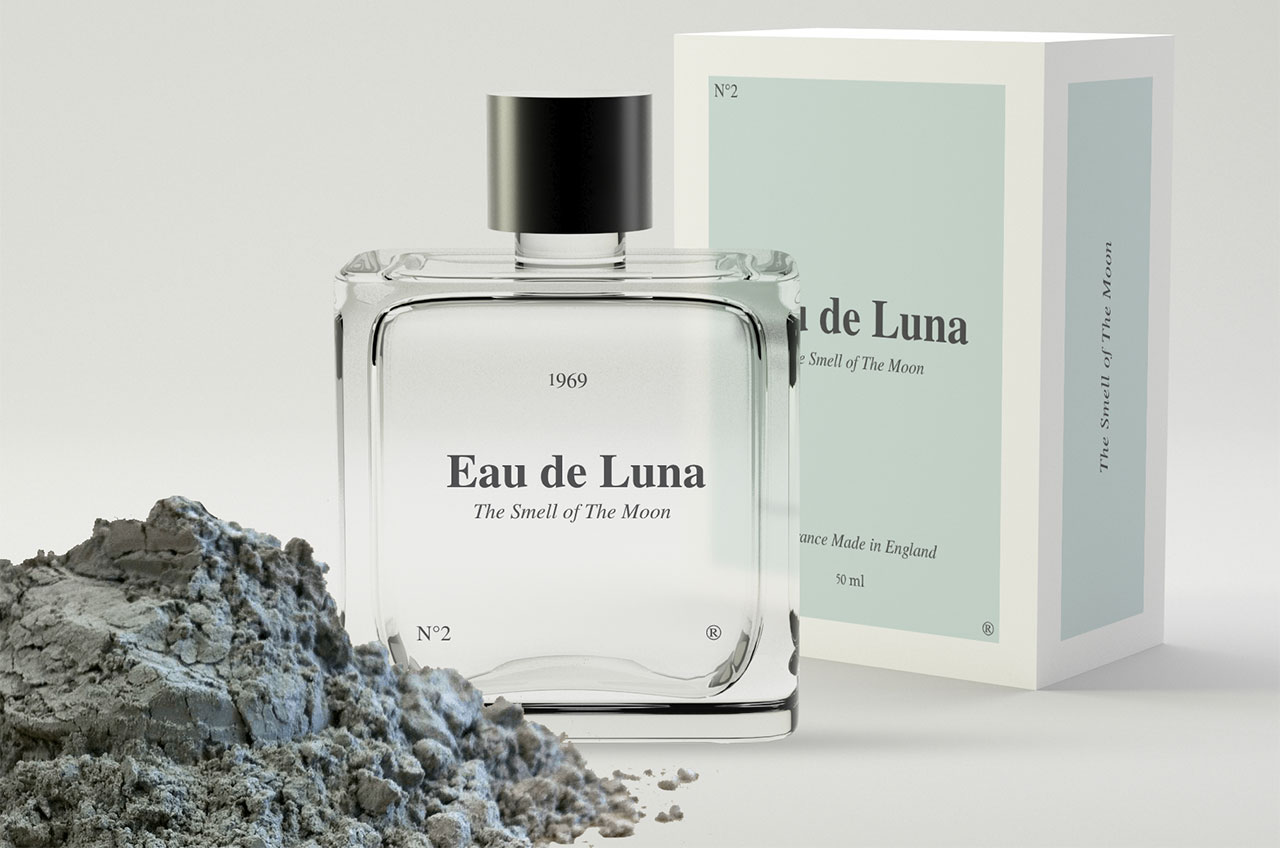
If you like the smell of space, wait until you get a whiff of the moon.
That is the proposition now awaiting launch for the thousands of people who have already backed "Eau de Space," a crowdfunded fragrance that is styled after the distinct scent astronauts have smelled after re-entering their spacecraft from spacewalks. Having quickly rocketed to almost half a million dollars on Kickstarter, the campaign is now ready to shoot for the moon.
The team behind Eau de Space is set to bottle "Eau de Luna" — the smell of the moon.
"Unlock the 'Smell of the Moon' stretch goal at $700,000 pledged and select from either 'The Smell of Space' or 'The Smell of the Moon,'" the campaign is set to announce on Thursday (July 16), the 51st anniversary of the launch of Apollo 11, the first mission to land humans on the moon.
Related: The moon smells: Apollo astronauts describe lunar aroma
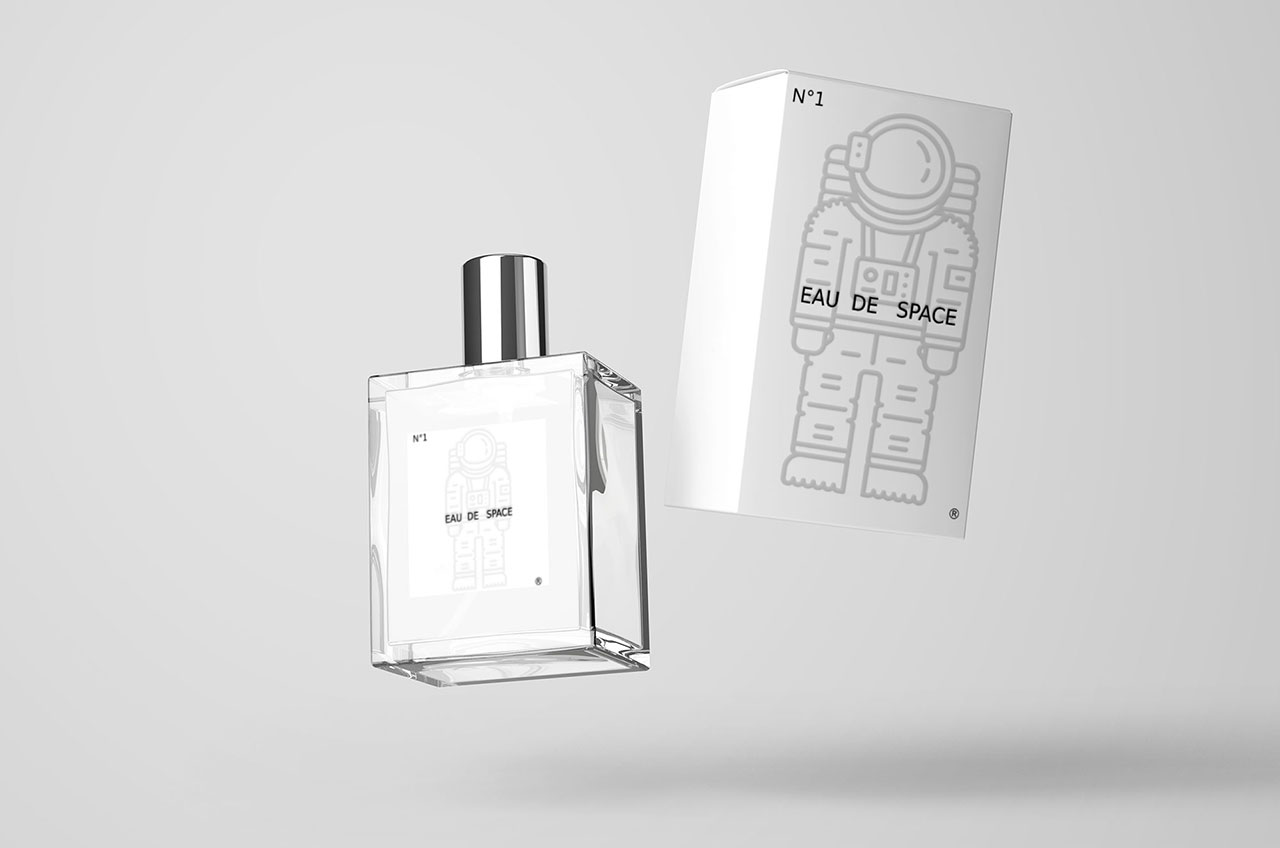
Passing the smell test
If offering the smell of space sounds like a joke, it is, because it was: one of NASA's spacecraft contractors used it for an April Fool's Day gag in 2019.
But before it was used as a gimmick, it was the focus of a UK-based chemist with a history of creating unusual odors. Steve Pearce of Omega Ingredients has worked for 40 years to produce natural flavors for the food and beverage trade, but he has also collaborated with museums and artists to formulate scents that would otherwise be impossible to smell, such as Cleopatra's hair and the atmosphere in the former Russian space station Mir.
Get the Space.com Newsletter
Breaking space news, the latest updates on rocket launches, skywatching events and more!
It was that last smell from inside a spacecraft that led Pearce to also work on creating the scent of the outside — outer space — too. For years, astronauts have reported detecting an odor once back inside their ships' airlocks that was not there before they opened the hatch.
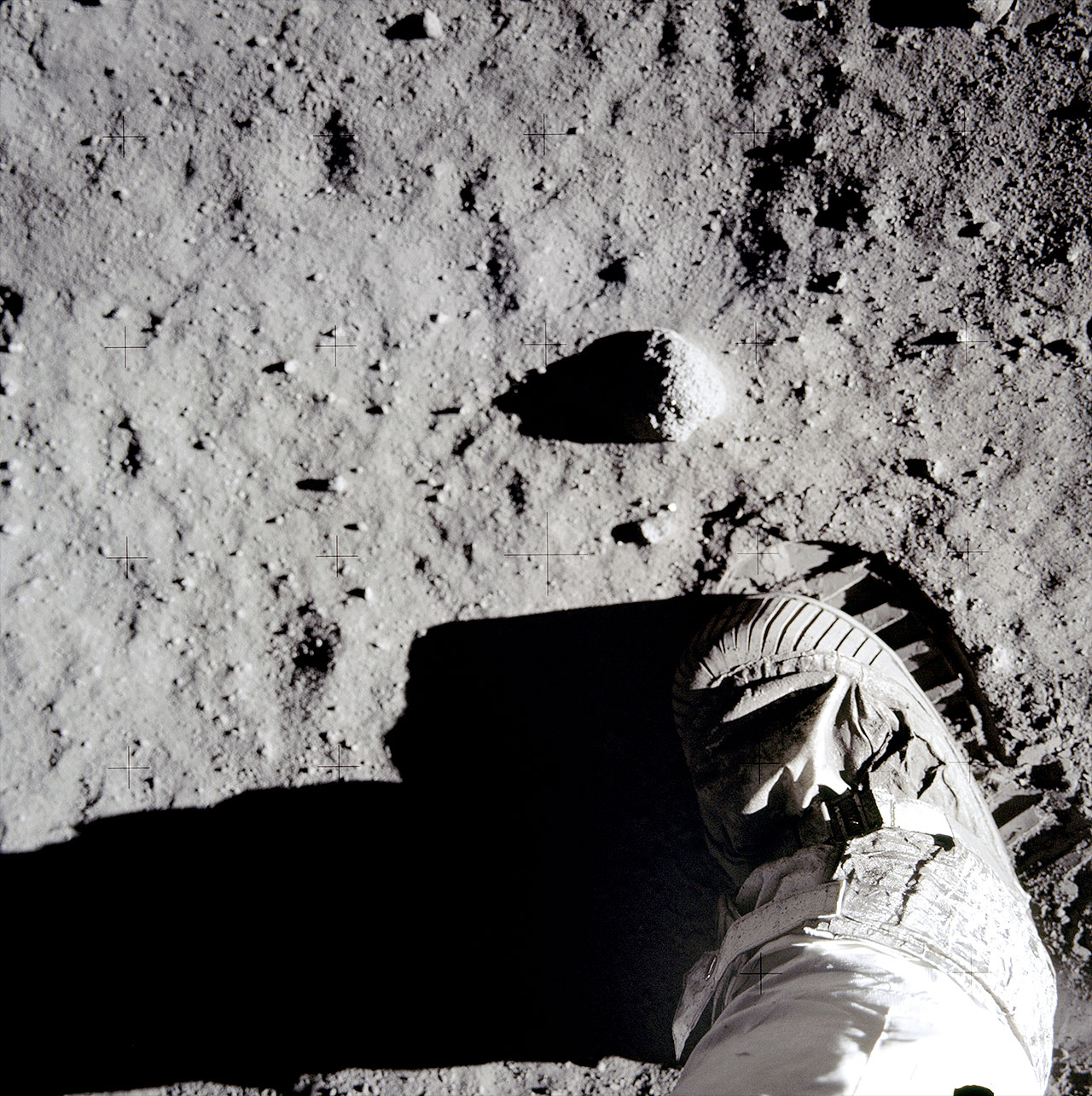
"I had this very unique opportunity to check what space smells like. It smells like welding. This is a very ozone, metallic, very distinctive smell," Russian cosmonaut Sergey Ryazansky said in 2017.
"When they open the hatch and we repressurize there is a very strong smell. And I smelled it and it was immediate that I knew what it was," NASA astronaut Randy Bresnik said. "It smells like cream of mushroom soup."
Other space explorers have likened the smell of space to burnt steak, rum and raspberries. Pearce had the ability to try to replicate the odor and, after exchanging emails with a NASA scientist in 2008, set about coming up with the Earth-based, chemically-produced equivalent.
"There was a desire to be able to recreate the 'smell of space' to aid in making training more realistic," he said.
Nosing around NASA
Despite the interest, Pearce's version of the smell of space never made it into NASA's astronaut training regiment. The space agency did not fund or otherwise contract Pearce to provide the fragrance, but that did not stop the news of such happening going viral... twice.
In 2008, and then again in 2012 and 2013, numerous news publications around the world ran stories about how Pearce was developing a scent in collaboration with NASA or how his scent was being used by astronauts to prepare for space, though that never happened.
If there was an upside to the misreporting, though, it was that it eventually caught the attention of the team behind Eau de Space.
"When we found out that a formula was created, the first thing we did was Google it to try and buy it. But, it didn't exist... commercially, at least," Matt Richmond, Eau de Space's product manager, told collectSPACE.
Believing that the answer lied within NASA's files, Richmond submitted a FOIA (Freedom of Information Act) request, asking the space agency to turn over a list of ingredients or even a sample of the scent that was used to train astronauts. Of course, as none such existed, NASA was unable to help.
Instead, Richmond connected with Pearce, and, after learning about the expenses involved in creating a sample, realized the project was ripe for Kickstarter.
"We knew crowdfunding would be the perfect fit for this project. We could beta test, raise funding, perform market research, pay for the manufacturing and get candid customer feedback all at once," said Richmond. "We've been humbled and extremely excited by the outpouring of support. Who knew there were so many space geeks out there like us?"
To the moon
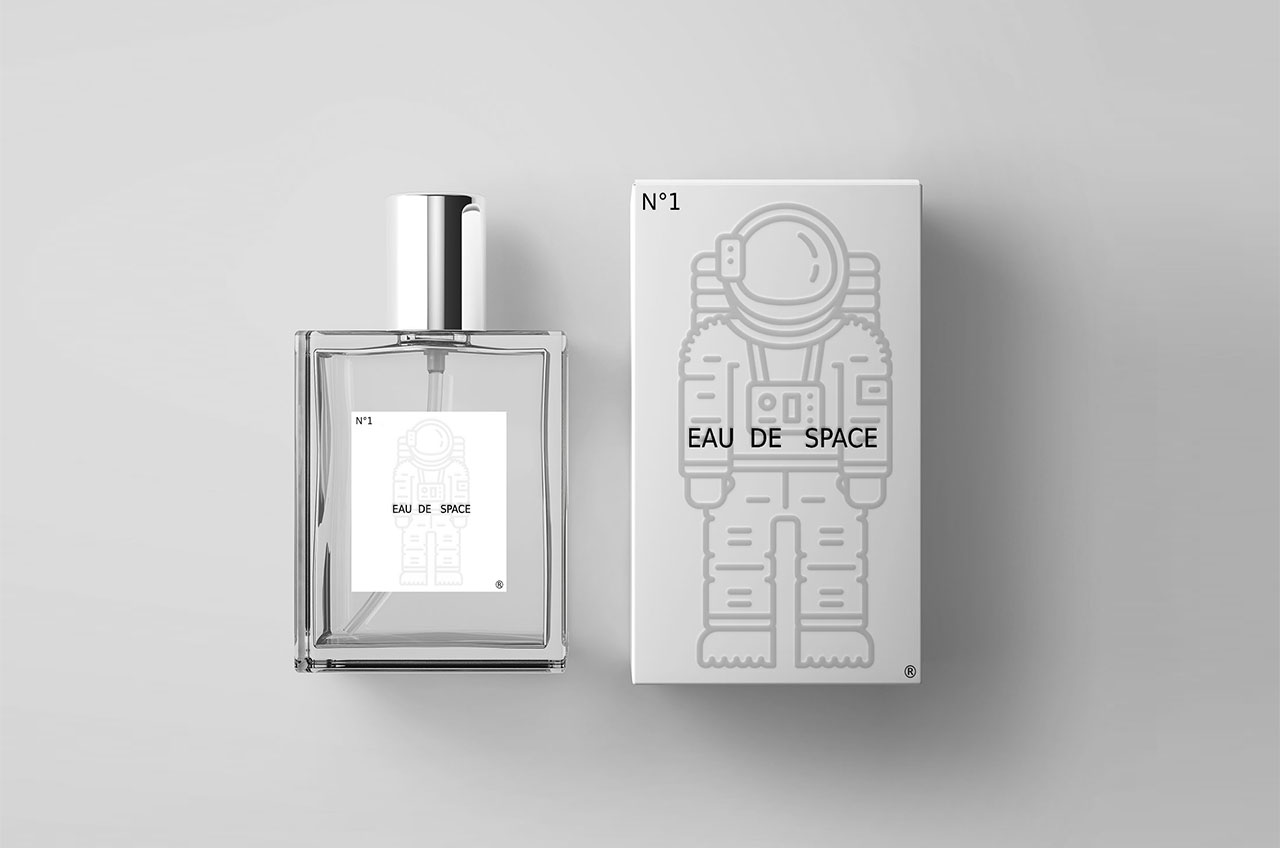
As of Wednesday (July 15), the Eau de Space campaign had 10,500 backers and raised more than $455,000 in pledges with more than a month remaining to attract more support.
At $40,000, the campaign upgraded all of its backers' bottle sizes from 2 to 4 ounces, and from the start, for every bottle bought, a second sample of Eau de Space was earmarked for donation to a STEM (science, technology, engineering and mathematics) educational program. (Schools can register for donations through the project's Kickstarter page.)
For their next stretch goal, at $700,000 pledged, the team turned to another of Pearce's past projects.
In 2010, artists working with the Stedelijk Museum in Amsterdam created a limited edition, scratch-and-sniff print that featured the smell of the moon using Pearce's "Moondust Natural R342" scent. Pearce designed the lunar aroma around Apollo 16 moonwalker Charlie Duke's description of the lunar regolith, or soil.
"It is really a strong smell," radioed Duke after getting a whiff of the dust from the stains on his spacesuit once he was back inside the lunar module on the moon in 1972. "It has that taste — to me [of] gunpowder — and the smell of gunpowder, too."
Now, working with Pearce and his colleagues at Omega Ingredients, Richmond is able to offer the campaign's backers "Eau de Luna." Assuming the stretch goal is reached, it will be interesting, he said, to see which fragrance is more popular: the smell of space or the scent of the moon.
"The moon is more tangible than space, you can see it most every night, and the American dream to put the first person on the moon inspired generations," Richmond said. "But, given that so many backers pledged for their bottle of Eau de Space, I'd say the moon better get cranking to catch up!"
Follow collectSPACE.com on Facebook and on Twitter at @collectSPACE. Copyright 2020 collectSPACE.com. All rights reserved.
Join our Space Forums to keep talking space on the latest missions, night sky and more! And if you have a news tip, correction or comment, let us know at: community@space.com.

Robert Pearlman is a space historian, journalist and the founder and editor of collectSPACE.com, a daily news publication and community devoted to space history with a particular focus on how and where space exploration intersects with pop culture. Pearlman is also a contributing writer for Space.com and co-author of "Space Stations: The Art, Science, and Reality of Working in Space” published by Smithsonian Books in 2018.In 2009, he was inducted into the U.S. Space Camp Hall of Fame in Huntsville, Alabama. In 2021, he was honored by the American Astronautical Society with the Ordway Award for Sustained Excellence in Spaceflight History. In 2023, the National Space Club Florida Committee recognized Pearlman with the Kolcum News and Communications Award for excellence in telling the space story along the Space Coast and throughout the world.

